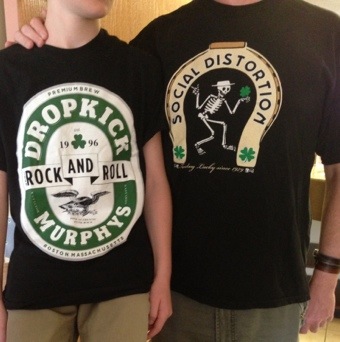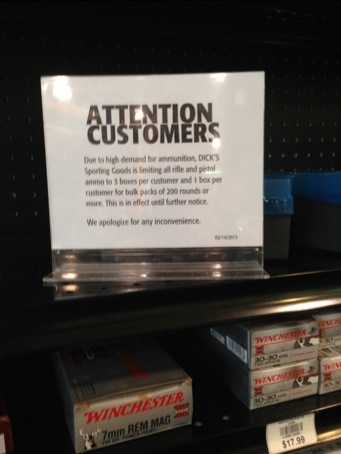In today’s Sun: the math on merger
Stephen Harper is going to win the next federal election. That’s a fact.
That may horrify Liberals, presently re-experiencing Trudeaumania. It probably upsets New Democrats, too, because they were in third (and fourth) place for a long time, and they don’t want to go back. But the Conservative Party is going to win the next election. And federal Liberals and New Democrats are the reason.
Harper’s Conservatives won the 2011 general election with money — they have more of it than any other political party. They won with incumbency — they’d been in power for a few years, and Canadians saw they weren’t as radical as many had feared. They won it with discipline — they had a ruthlessly strategic leader and a well-oiled election machine that lived and breathed the Daily Campaign.
But, mainly, they won because their two main opponents were out to lunch. Still are, too.
In 2011, the NDP and the Liberals together received the support of close to 7.3 million voters, about 50% of those who cast a ballot. The Conservatives got far less, about 5.8 million votes, under 40%.
In 2006 and 2008, Harper won power with even fewer votes. Just 36% in 2006, and 37% in 2008.
Exactly a year ago, before he was running for his party’s leadership, Justin Trudeau spoke to a group of students in Victoria. Asked by one of the students about Conservatives winning power with just a third of the vote, Trudeau said: “If, by 2015, with the election approaching, and neither party has got our act together enough to shine and be the obvious alternative, then …” and here he paused. “There will be a lot of pressure for us to start looking at that.”
A year later, Trudeau doesn’t talk like that anymore. He and his team dismiss any talk of cooperation between Liberals and New Democrats. The only Liberal leadership candidate who favours one-time cooperation is Liberal MP Joyce Murray, and she is routinely dismissed as a defeatist crackpot for her trouble.
The same thing happened to Nathan Cullen when he ran for the NDP leadership — he favoured bringing together the progressive majority, too. The front-runner, Thomas Mulcair, didn’t. End of Cullen’s idea.
There’s some political psychology at work, here. Nobody wants to win their party’s leadership simply to turn out the lights. And, among rank-and-file Liberals and New Democrats, there are undeniably deep emotional attachments to their respective party’s histories.
But the outcome of the next federal election shouldn’t be determined on the basis of nostalgia or warm feelings. It should be determined by cold math.
Stephen Harper acutely understands math. He saw conservatives humiliated by Jean Chretien in 1993, 1997 and 2000, and resolved to bring together the warring factions of the right. He did so, and went on to win power shortly thereafter. He hasn’t been defeated since.
Liberals will switch places with New Democrats in 2015. But power will remain with Harper’s Conservatives.
So, after 2015, will Canada’s progressives finally come together — as Liberal Democrats, say — and finally put an end to more than a decade of Conservative rule?
If they don’t, they’ll have only themselves to blame. And that, too, is a fact.




